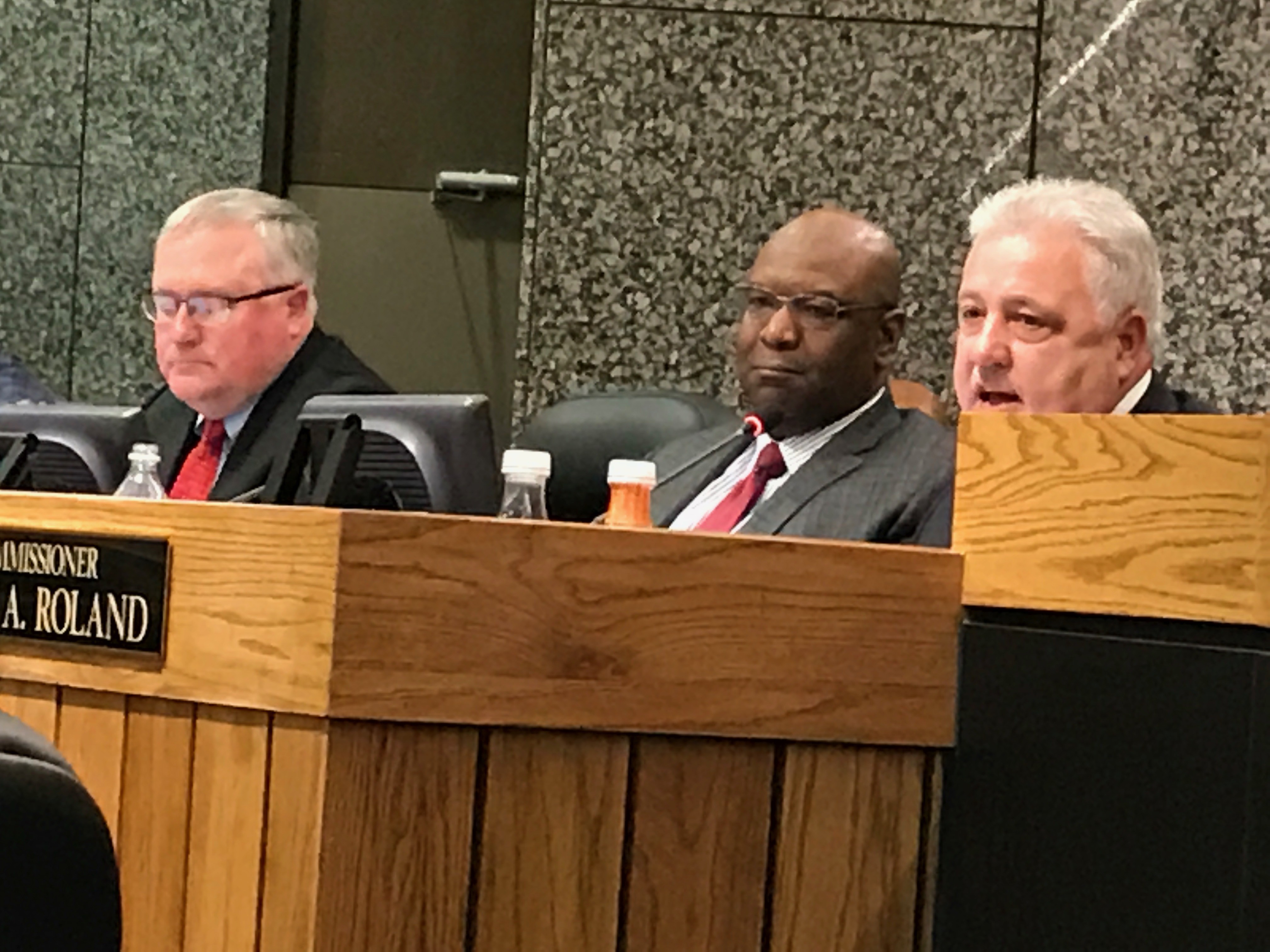 JB
JB
Everybody knows the old saw about the process of legislation resembling sausage-making: meaning you don’t want to watch all the grisly stuff — the bloodletting, the grind, the slop, the drip, the smell — everything that goes on to create your hot dog.
But at least you get a hot dog. What happened at the Monday meeting of the Shelby County Commission was a kitchen mess with no meat to show for it. An anticlimax. A fizzle. A toot. A zip. A swing and miss.
No, scratch that last one. The batter who swings and misses at least is trying to connect. Nobody took the bat off his shoulder on Monday. And we can safely say “he”; the one woman on the Commission, Republican Heidi Shafer, took the day off. She didn’t miss a thing, after all.
Everybody who was there had something to be embarrassed about.
Monday, March 20th, was the last possible day to set up a schedule, pending a special election in June, to name an interim replacement in the current legislative session for state Representative Mark Lovell, the freshman legislator from District 95 in the Tennessee House of Representatives who, amid allegations of sexual misconduct, resigned his seat after serving barely a month.
District 95 is a sprawling area, including hunks of Germantown, Collierville, and Eads. All these are high-growth areas that surely deserve to be served by somebody during the 2017 session of the legislature.
They won’t be. District 95 will not have votes recorded for it on issues of such gravity as Governor Bill Haslam‘s pending gas tax and infrastructure plan, medical marijuana, urban de-annexation, health care, an overhaul of the state’s tax structure, and on so much else.
As bad as that is, that’s not the worst of it. Shelby County at large, by virtue of this abject default on the part of its governing legislative body, has failed to signify any sort of large general will on the issues confronting the state and the county — on all the ones just listed and one more that it had taken special note of and vowed to have an effect on.
This was the issue of school vouchers. A month ago, the commission, all 13 members of it, representing precincts and neighborhoods from the inner city to the outer suburbs, worked themselves into a condition of moral purpose and high resolve and voted resoundingly, without a nay vote, to defend public education by sending someone to Nashville in Lovell’s place who would cast a vote against the annual bill — introduced this year, as usual, by state Senator Brian Kelsey (R-Germantown) — that would authorize the diversion of taxpayer funds from public schools to use as tuition money for private schools.
This year’s version, creating a “pilot program” in Shelby County, was aimed directly at Shelby County Schools, already underfunded and struggling for survival.
A number of credentialed would-be interim legislators were ready to apply and be interviewed by the commission for the right to go to Nashville on behalf of District 95 — even if that meant service only for a week or two. After all, the voucher matter, as the commissioners knew, was usually one of the last things left hanging that late.
Then a group of Shelby County Democrats got the bright idea of prevailing on their party’s technical 7-6 majority on the Commission to get a Democrat up there to represent District 95, arguably the most Republican district in Tennessee. For a scant few days, mind you, hardly long enough to make any sort of dent on behalf of the legislature’s nearly extinct Democratic Party but long enough to potentially antagonize any Republicans straddling the fence on vouchers.
And the naked partisanship of the proposal alienated the commission’s Republicans to the point that they moved away from their previous position of solidarity with the body’s Democrats and convinced themselves that a better course would be to forgo sending any District 95 representative at all. And so it turned out on Monday. As if to mock the presumptuousness of it all, two Democrats used to siding with the Republicans in a pinch had the squeeze put on them and did so again. A majority voted not to make an appointment.
The bottom line: No Democrat and no Republican to represent District 95, nobody at all from the district to vote on vouchers or anything else.